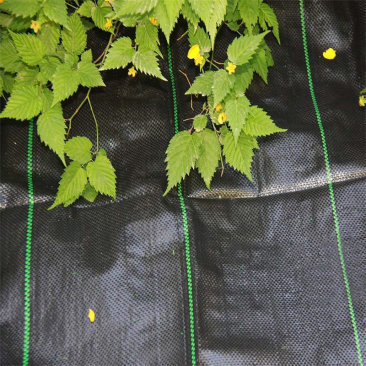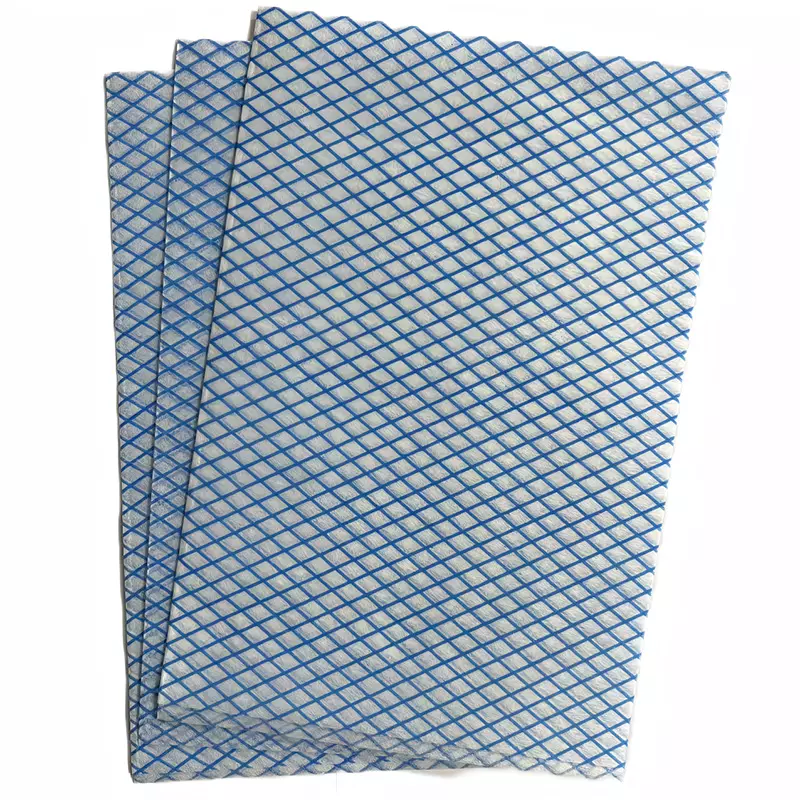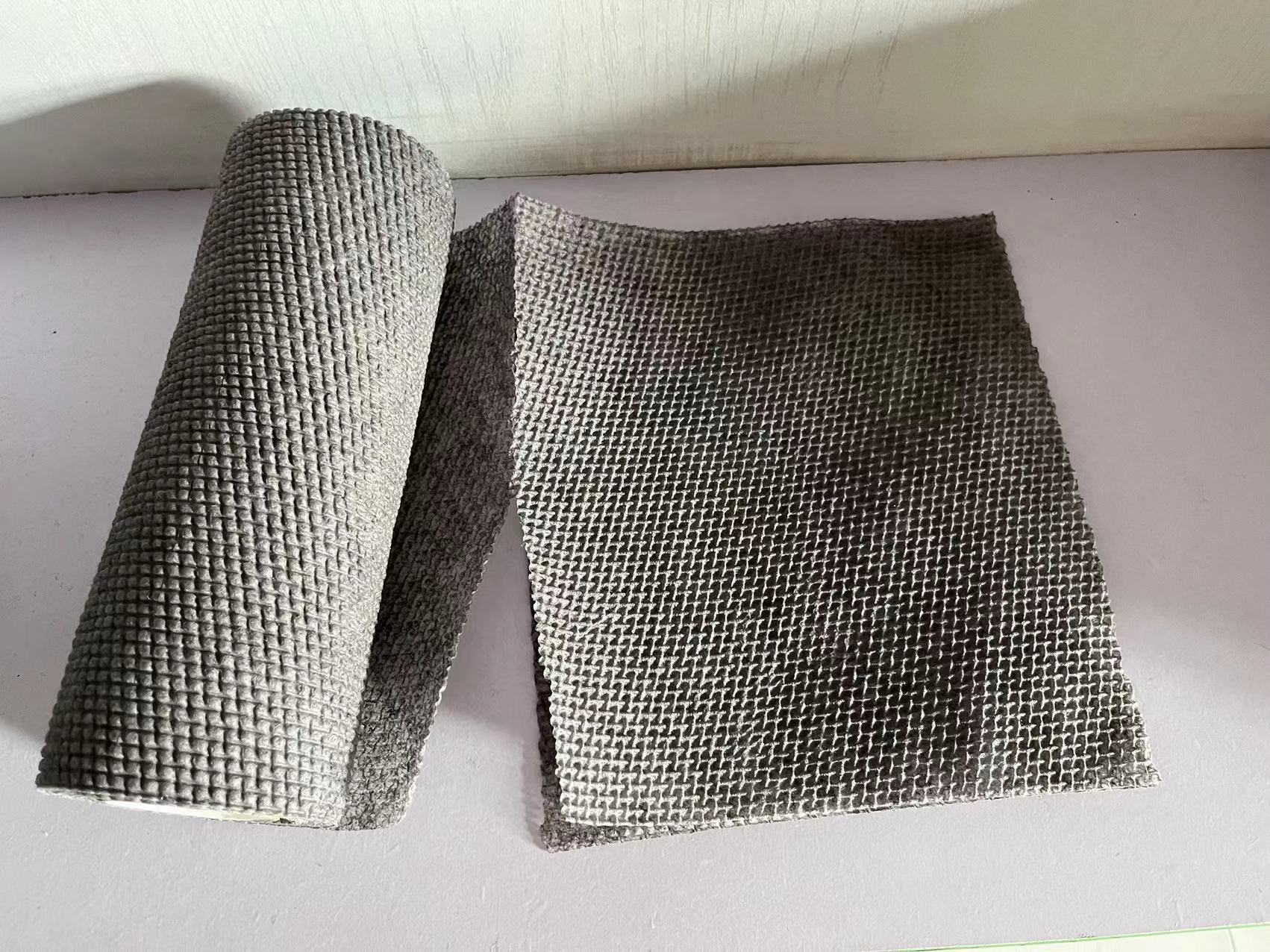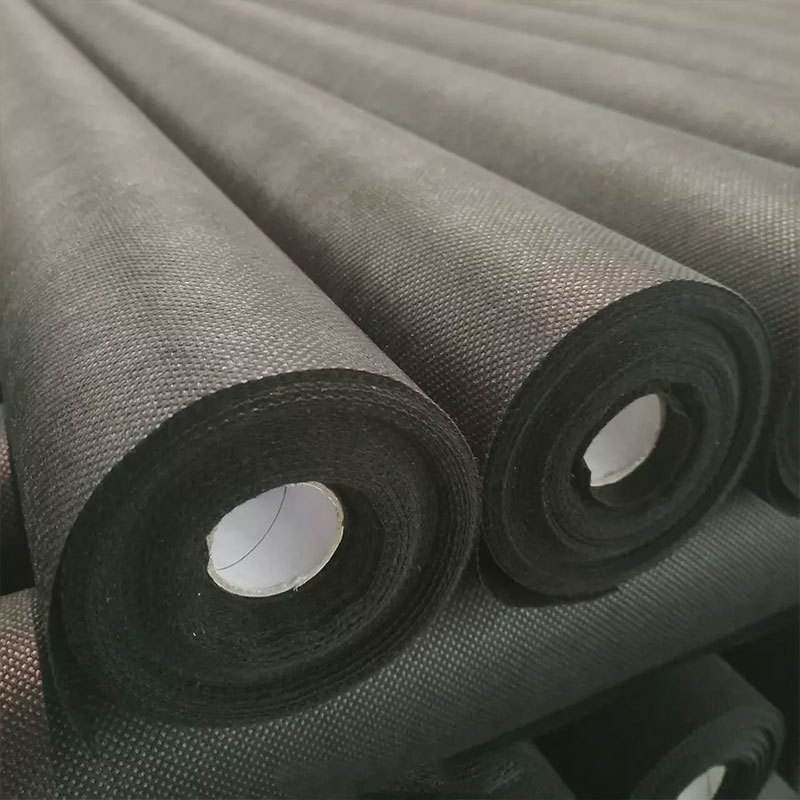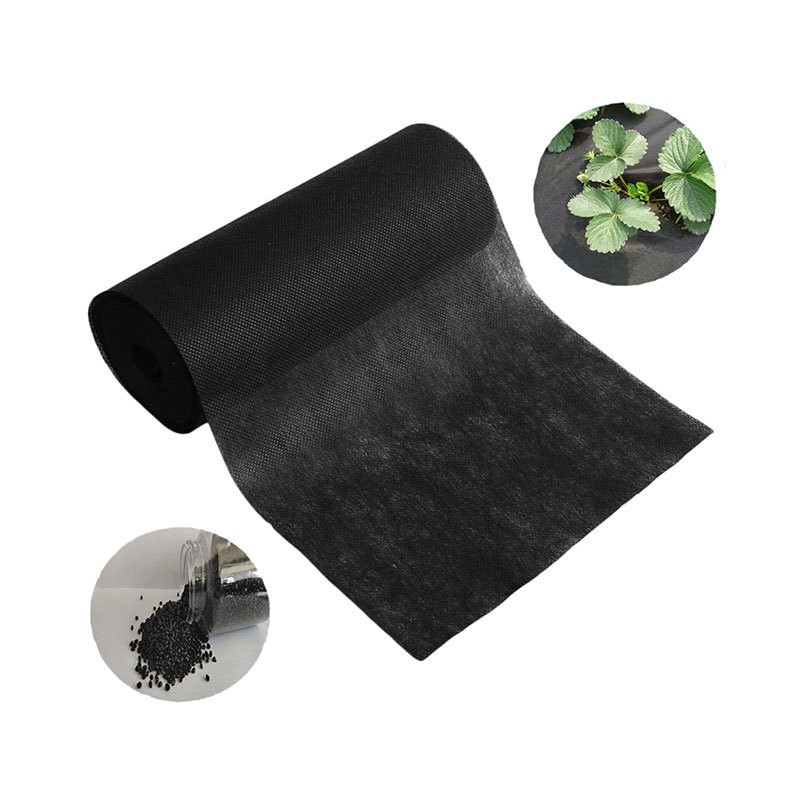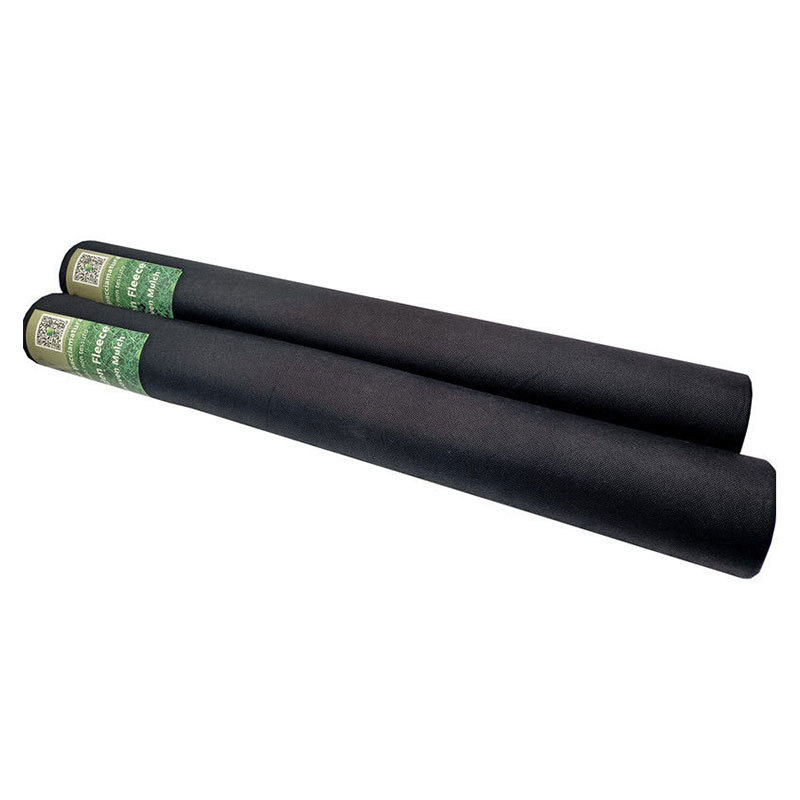28
2025
-
06
The Versatile Applications and Benefits of Polyester Spunbond Nonwoven Fabric
Polyester Spunbond Nonwoven Fabric is a unique textile that has gained significant popularity in various applications due to its innovative properties and performance characteristics. This fabric is produced through a process that involves spinning polyester fibers into a web and bonding them together, resulting in a strong, lightweight, and flexible material. One of the primary advantages of poly
Polyester Spunbond Nonwoven Fabric is a unique textile that has gained significant popularity in various applications due to its innovative properties and performance characteristics. This fabric is produced through a process that involves spinning polyester fibers into a web and bonding them together, resulting in a strong, lightweight, and flexible material.
One of the primary advantages of polyester spunbond nonwoven fabric is its exceptional durability. It can withstand harsh conditions, making it suitable for outdoor applications such as landscaping, erosion control, and agricultural covers. The fabric is resistant to moisture, chemicals, and UV light, which further enhances its longevity and reliability.
In the healthcare industry, polyester spunbond nonwoven fabric plays a crucial role. It is commonly used for manufacturing medical gowns, masks, and other protective clothing due to its breathable nature and ability to provide barrier protection. The fabric's lightweight characteristic ensures comfort for the wearer, which is essential in medical settings where extended use is common.
Moreover, this type of nonwoven fabric is eco-friendly, as it can be produced with recycled materials and is often biodegradable. As sustainability becomes increasingly important in the textile industry, the use of polyester spunbond nonwoven fabric aligns with environmentally conscious practices. Manufacturers can leverage this aspect to appeal to consumers who prioritize sustainable products.
Another key benefit of polyester spunbond nonwoven fabric is its versatility across different sectors. From packaging materials to insulation, the applications are vast. In the automotive industry, for instance, this fabric is used in various interior components, including seat covers and sound insulation, due to its lightweight and sound-absorbing properties.
When it comes to production, polyester spunbond nonwoven fabric can be easily customized in terms of thickness, color, and texture to meet specific requirements. This flexibility allows manufacturers to create tailored solutions for their clients, enhancing overall satisfaction and usability.
In summary, polyester spunbond nonwoven fabric is a remarkable material that stands out for its durability, versatility, and eco-friendly attributes. Whether in healthcare, agriculture, or automotive applications, this fabric continues to make significant contributions across various industries. As professionals in the textile sector, understanding the benefits and applications of polyester spunbond nonwoven fabric can help in making informed decisions that enhance product offerings and meet market demands effectively.
One of the primary advantages of polyester spunbond nonwoven fabric is its exceptional durability. It can withstand harsh conditions, making it suitable for outdoor applications such as landscaping, erosion control, and agricultural covers. The fabric is resistant to moisture, chemicals, and UV light, which further enhances its longevity and reliability.
In the healthcare industry, polyester spunbond nonwoven fabric plays a crucial role. It is commonly used for manufacturing medical gowns, masks, and other protective clothing due to its breathable nature and ability to provide barrier protection. The fabric's lightweight characteristic ensures comfort for the wearer, which is essential in medical settings where extended use is common.
Moreover, this type of nonwoven fabric is eco-friendly, as it can be produced with recycled materials and is often biodegradable. As sustainability becomes increasingly important in the textile industry, the use of polyester spunbond nonwoven fabric aligns with environmentally conscious practices. Manufacturers can leverage this aspect to appeal to consumers who prioritize sustainable products.
Another key benefit of polyester spunbond nonwoven fabric is its versatility across different sectors. From packaging materials to insulation, the applications are vast. In the automotive industry, for instance, this fabric is used in various interior components, including seat covers and sound insulation, due to its lightweight and sound-absorbing properties.
When it comes to production, polyester spunbond nonwoven fabric can be easily customized in terms of thickness, color, and texture to meet specific requirements. This flexibility allows manufacturers to create tailored solutions for their clients, enhancing overall satisfaction and usability.
In summary, polyester spunbond nonwoven fabric is a remarkable material that stands out for its durability, versatility, and eco-friendly attributes. Whether in healthcare, agriculture, or automotive applications, this fabric continues to make significant contributions across various industries. As professionals in the textile sector, understanding the benefits and applications of polyester spunbond nonwoven fabric can help in making informed decisions that enhance product offerings and meet market demands effectively.
Polyester Spunbond Nonwoven Fabric


